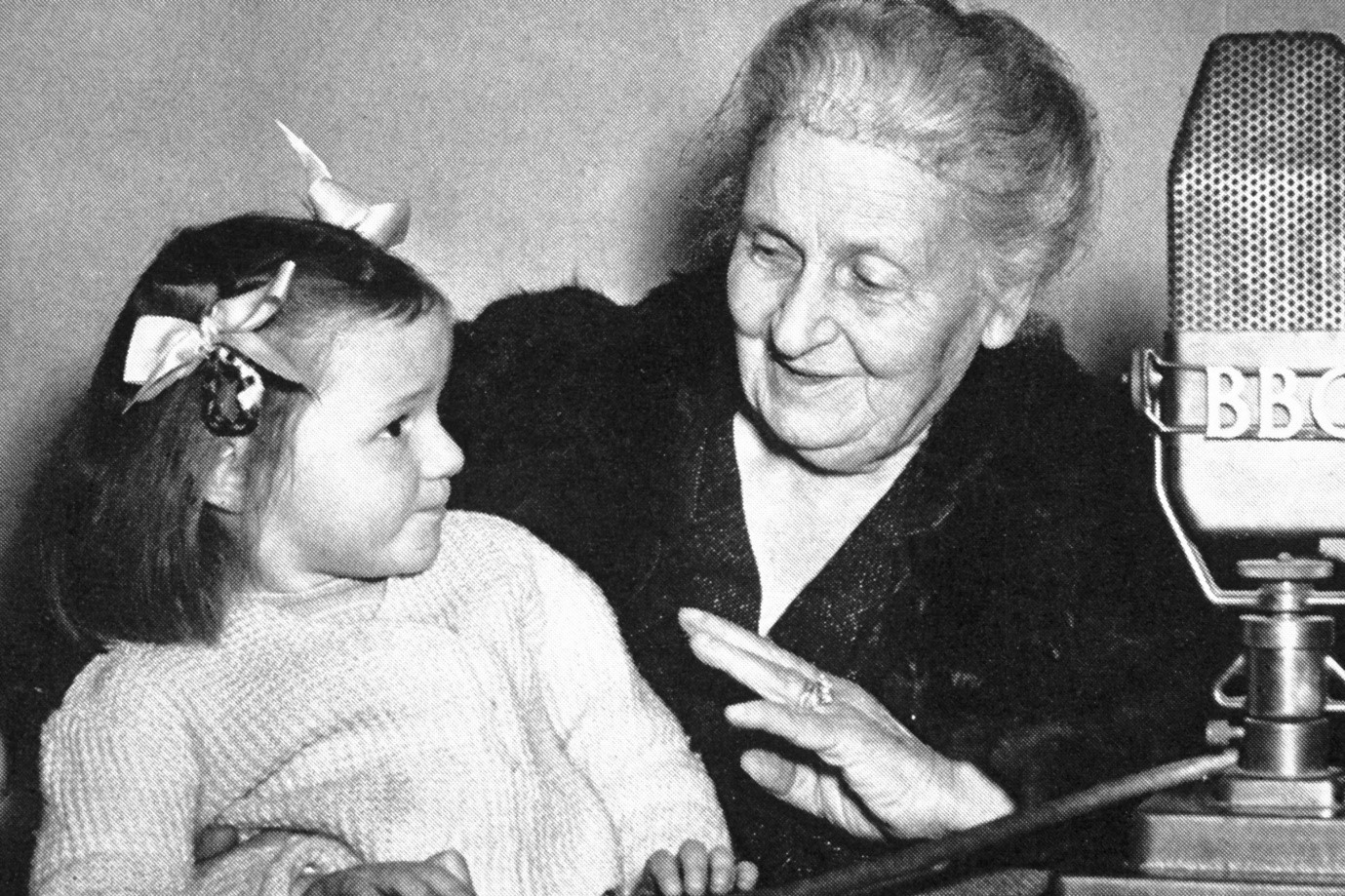Principle of Orchard Montessori School
Let’s take a look at the 7 most important principles of Montessori education. These principles can be used both at Montessori schools and at home, by Montessori parents.

About Us
We are a Montessori school we deal with children from age group 1.5 -6 years. We follow the Montessori approach and trying to cater to the needs of every child. We are an inclusion school where we include every child with various challenges. Through Montessori approach we are bridging the gaps between learning and achievement.
Our Mission
To learn and grow in their own pace and To motivate, perform and accomplish
Students Gallery






Make an impact.
Save lives.
Montessori Curriculum
Montessori Program for Infants and Toddlers
Dr. Maria Montessori believed that the early years of a child’s life are paramount to the development of personality and intellect. Because mental development during these early years proceeds at an accelerated rate, and must not be overlooked
Montessori Curriculum focuses on these five key developmental areas, so as to build a solid foundation for the child’s future learning:
- Sensory and Perceptual Development
- Self-help Skills
- Language Skills
- Physical and Motor Skills
- Social and Emotional Growth
Montessori Primary Program (3-6 years)
The Montessori Primary program offers a unique, mixed-age classroom environment, for children approximately 3 to 5 years old. Here, children engage in individual learning experiences, as well as one-on-one interactions,
which are integral to the Montessori Method.
As children get older, they tend to see things that adults find ordinary as very interesting and special. Practical life exercises like sorting, pouring,
or washing dishes absorb them completely.
We recognize this as the beginning of control and coordination of mind and body. That’s why Montessori learning revolves around tangible, hands-on experiences.
Children use concrete materials to learn math; movable alphabet letters to explore language; and cubes, cylinders and other objects to categorize, find spatial relationships, and more. Practical learning experiences explore key subjects including:
- Science and Nature
- Music and Movement
- Sensorial
- Cooking and Nutrition
- History
- Geography
- Language Arts
- Mathematics
In the process, children are discovering independence, confidence, and innovation.

